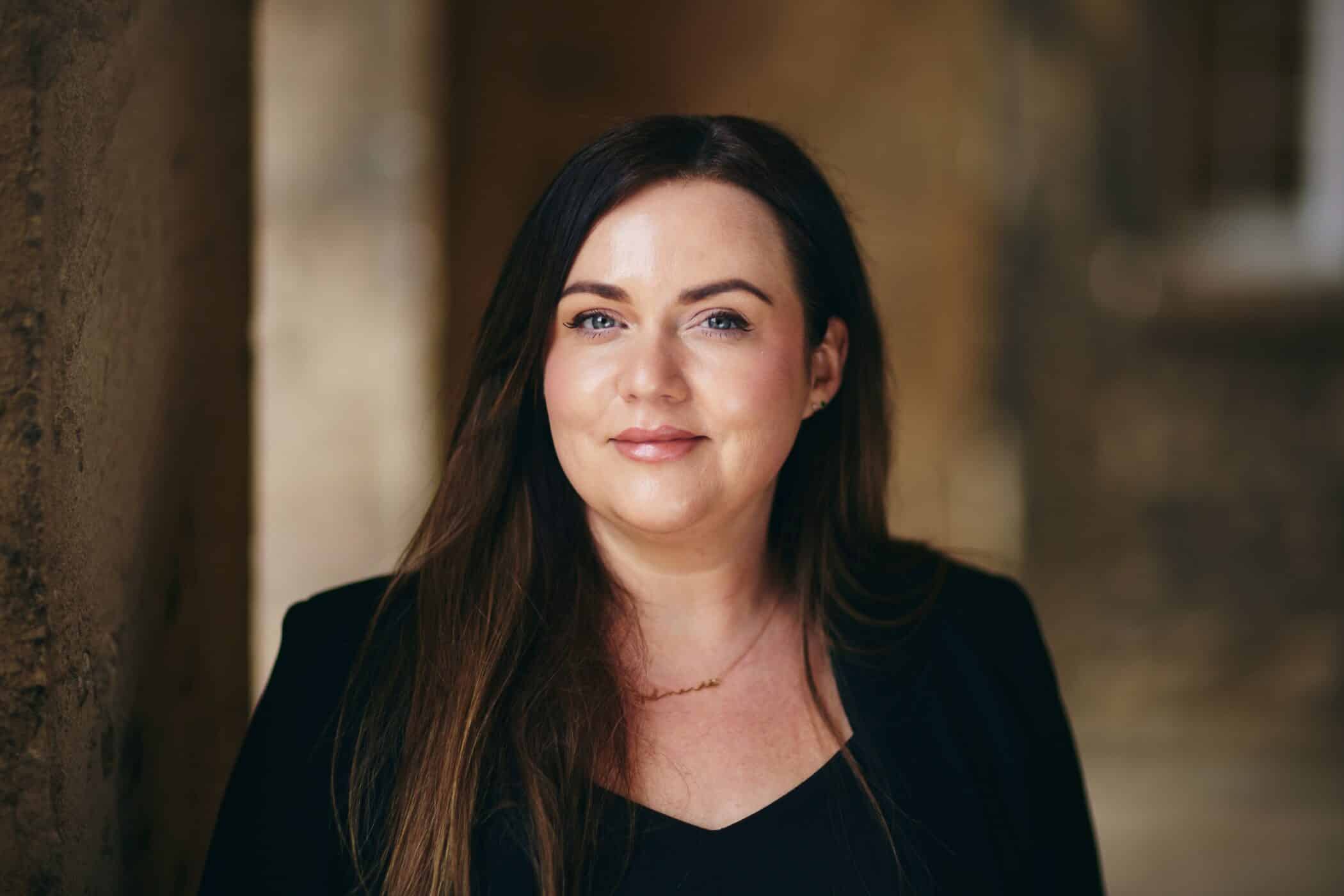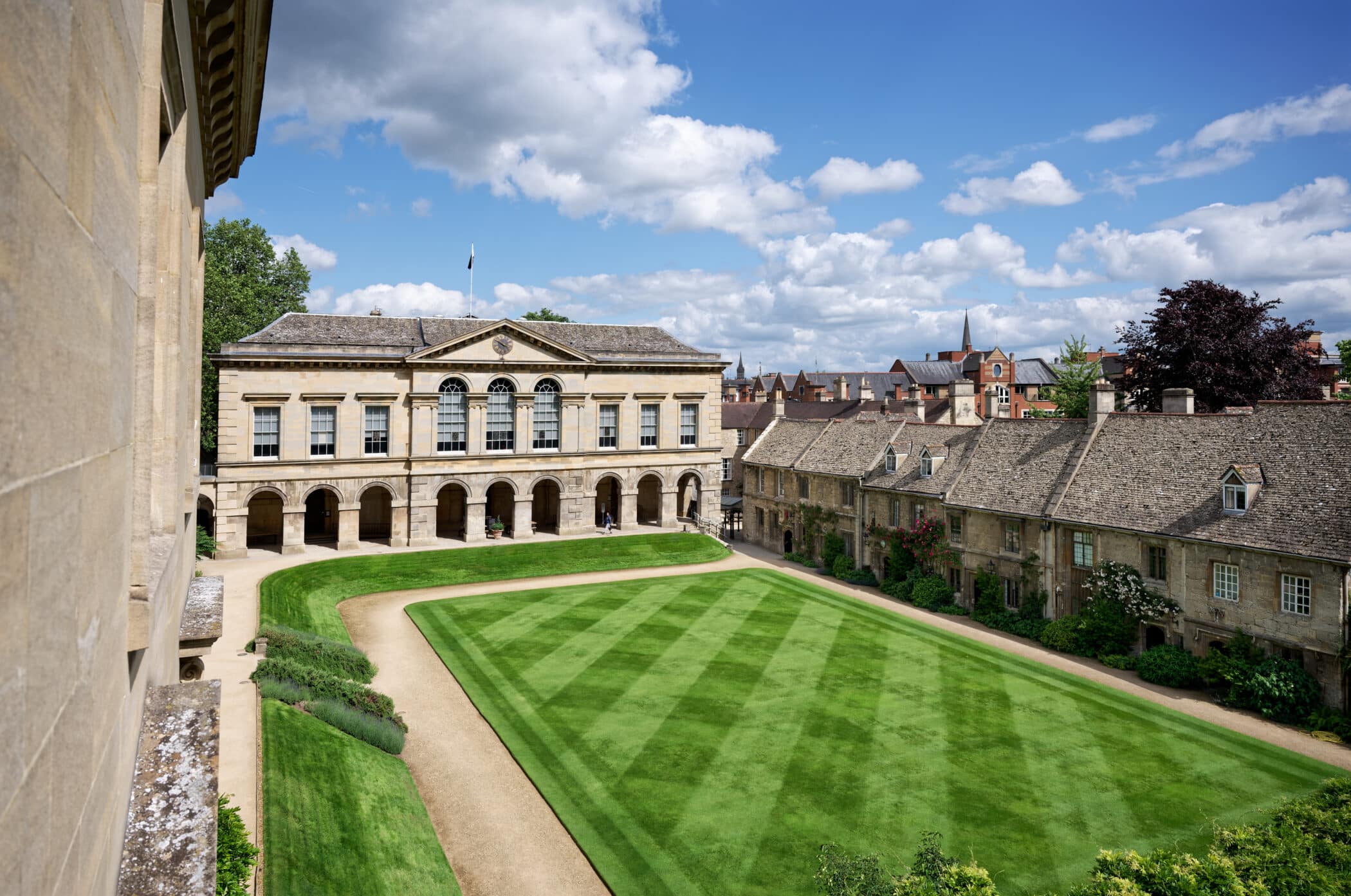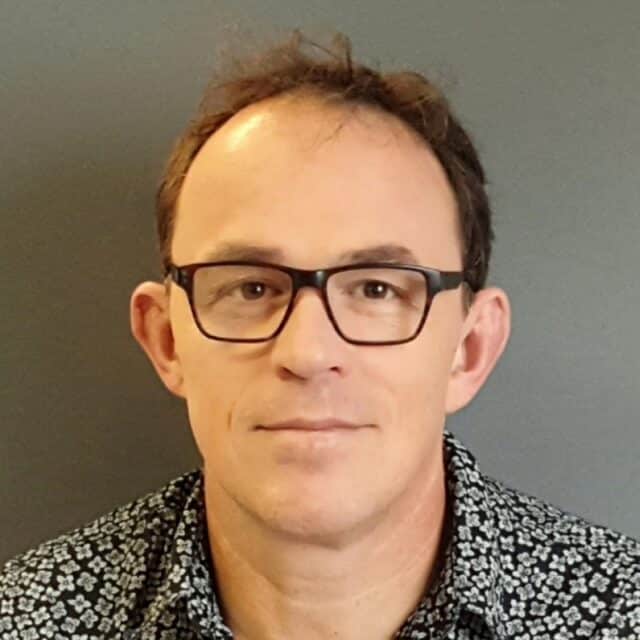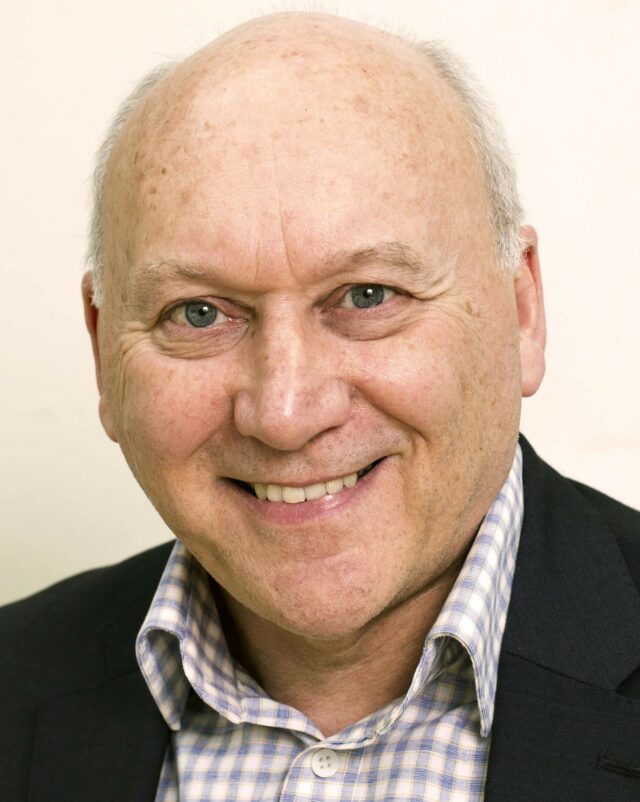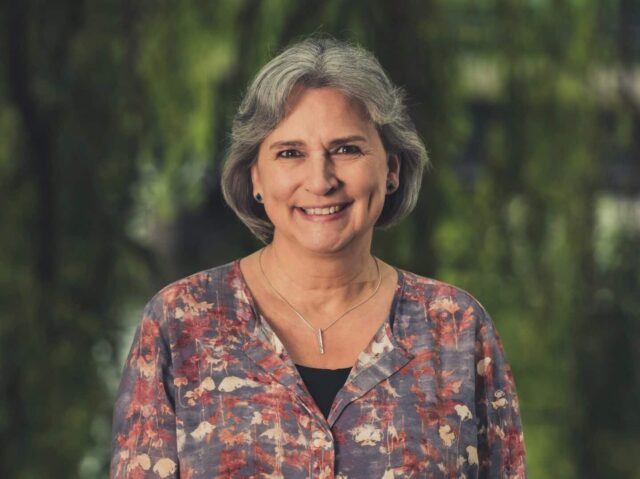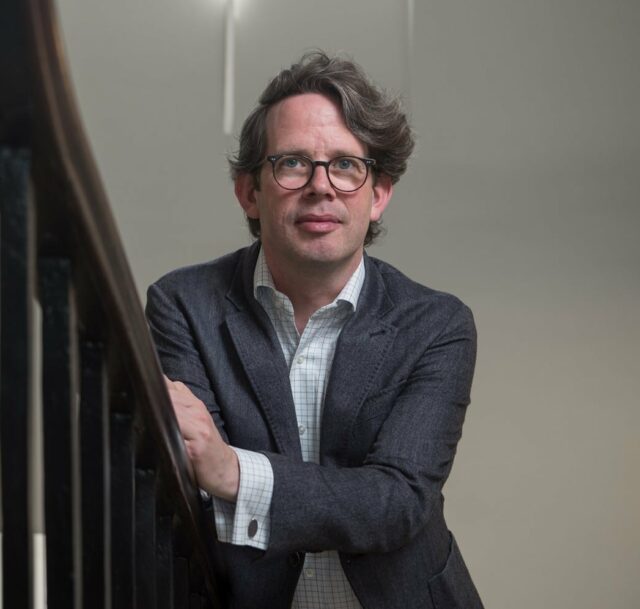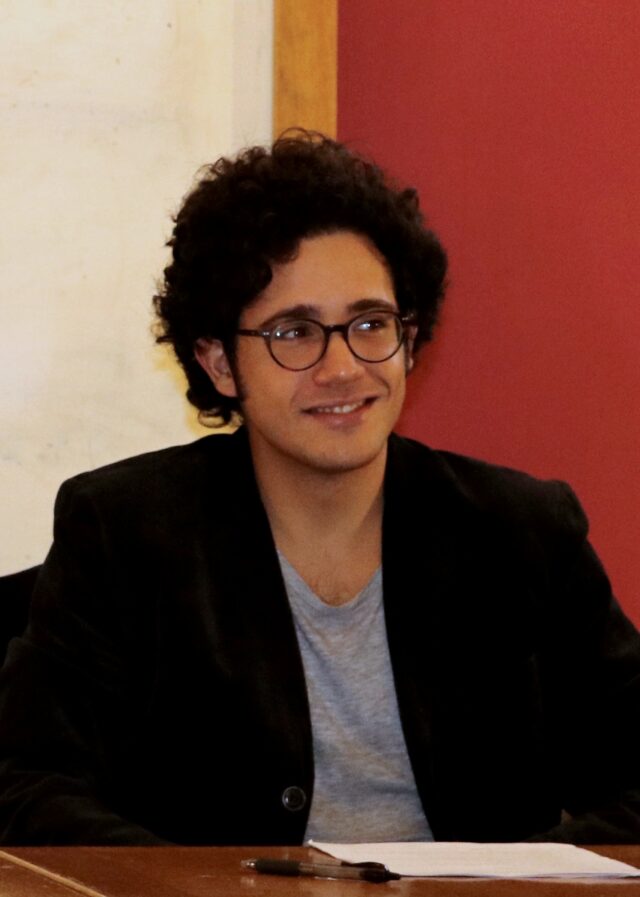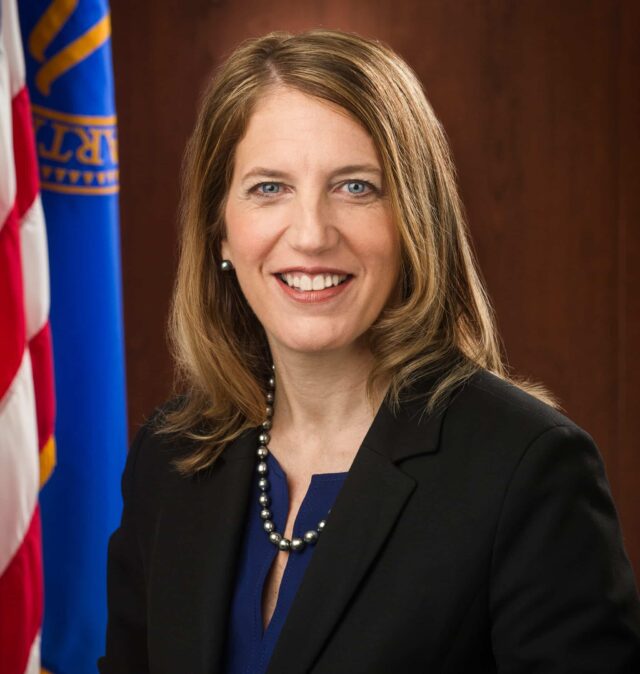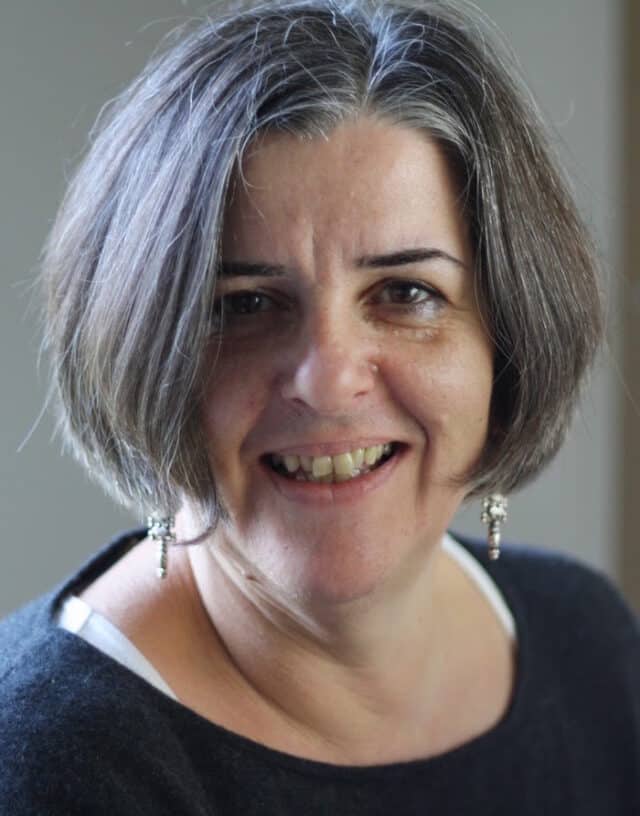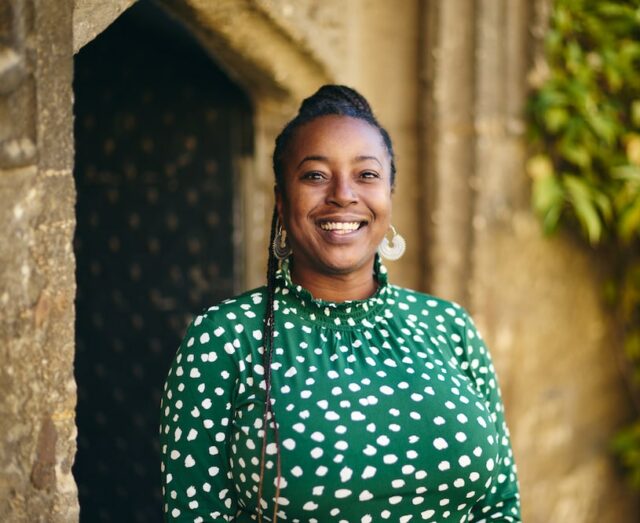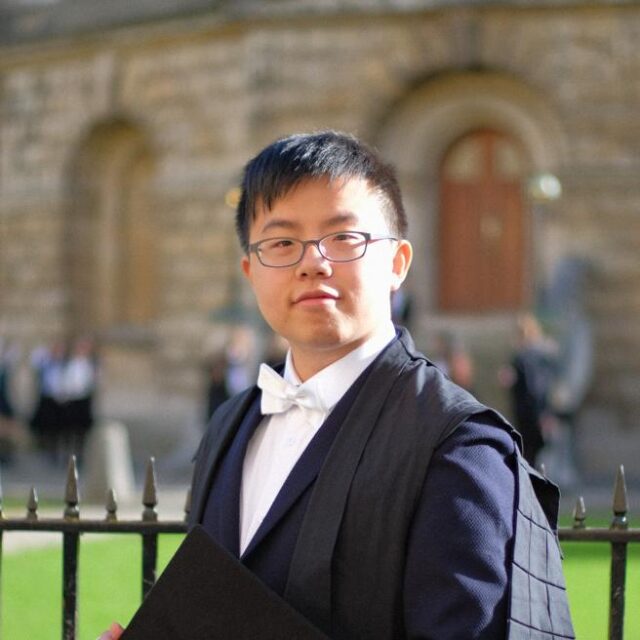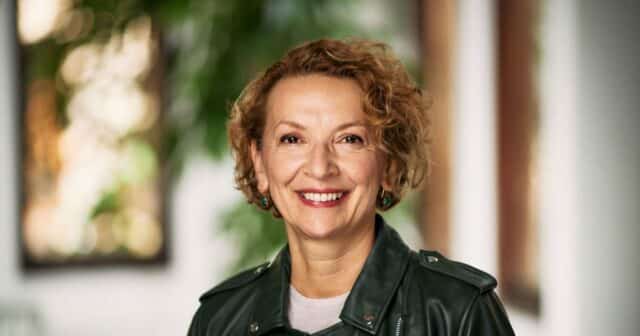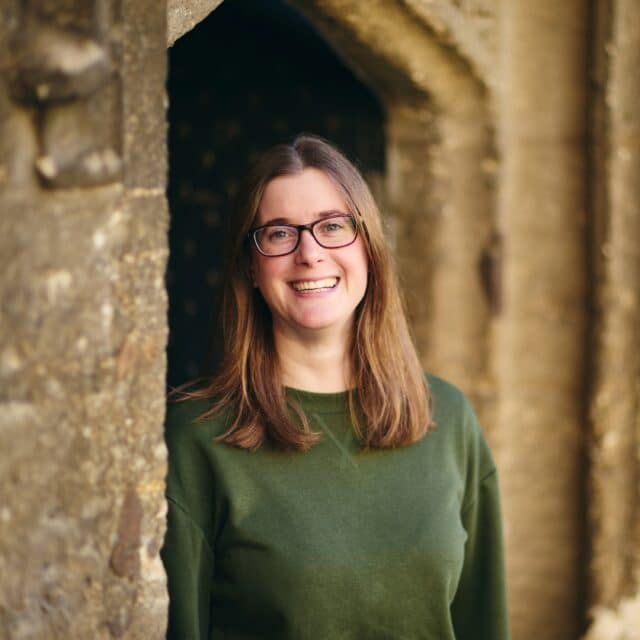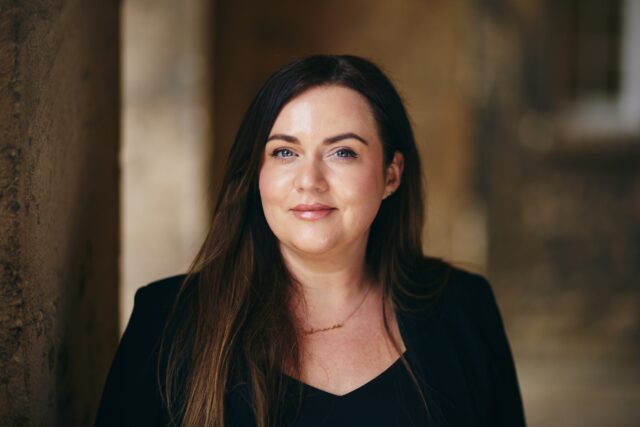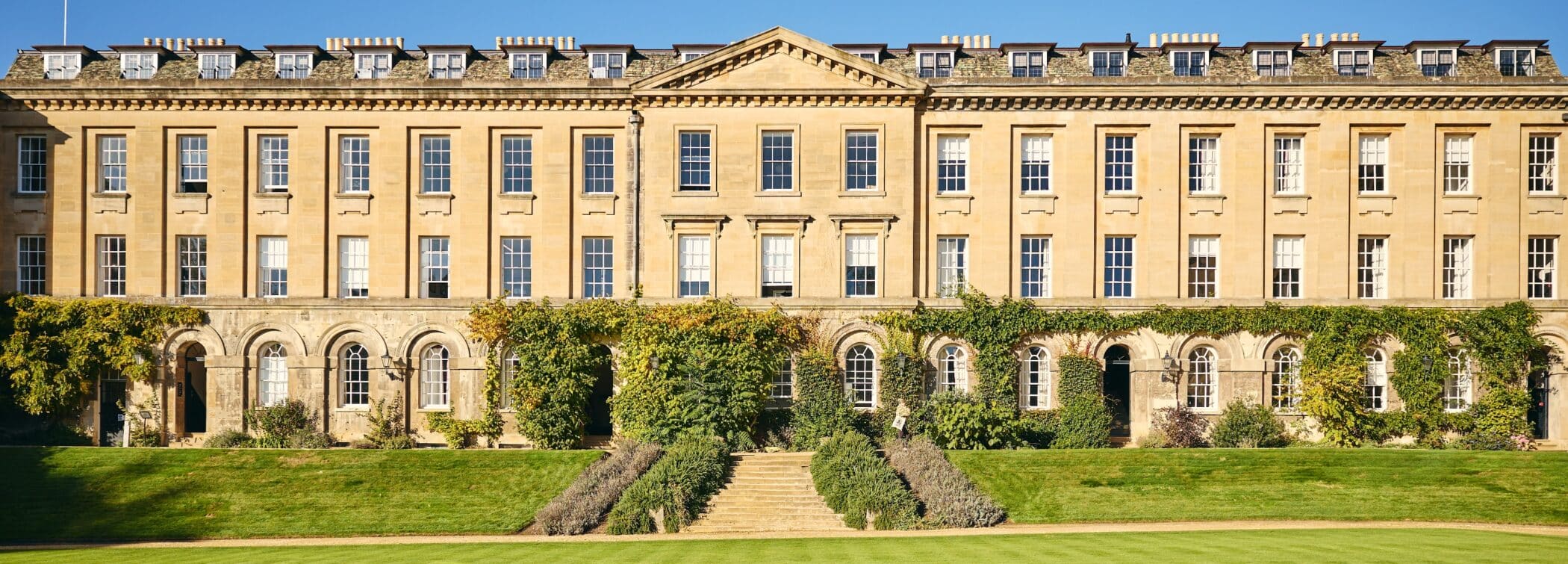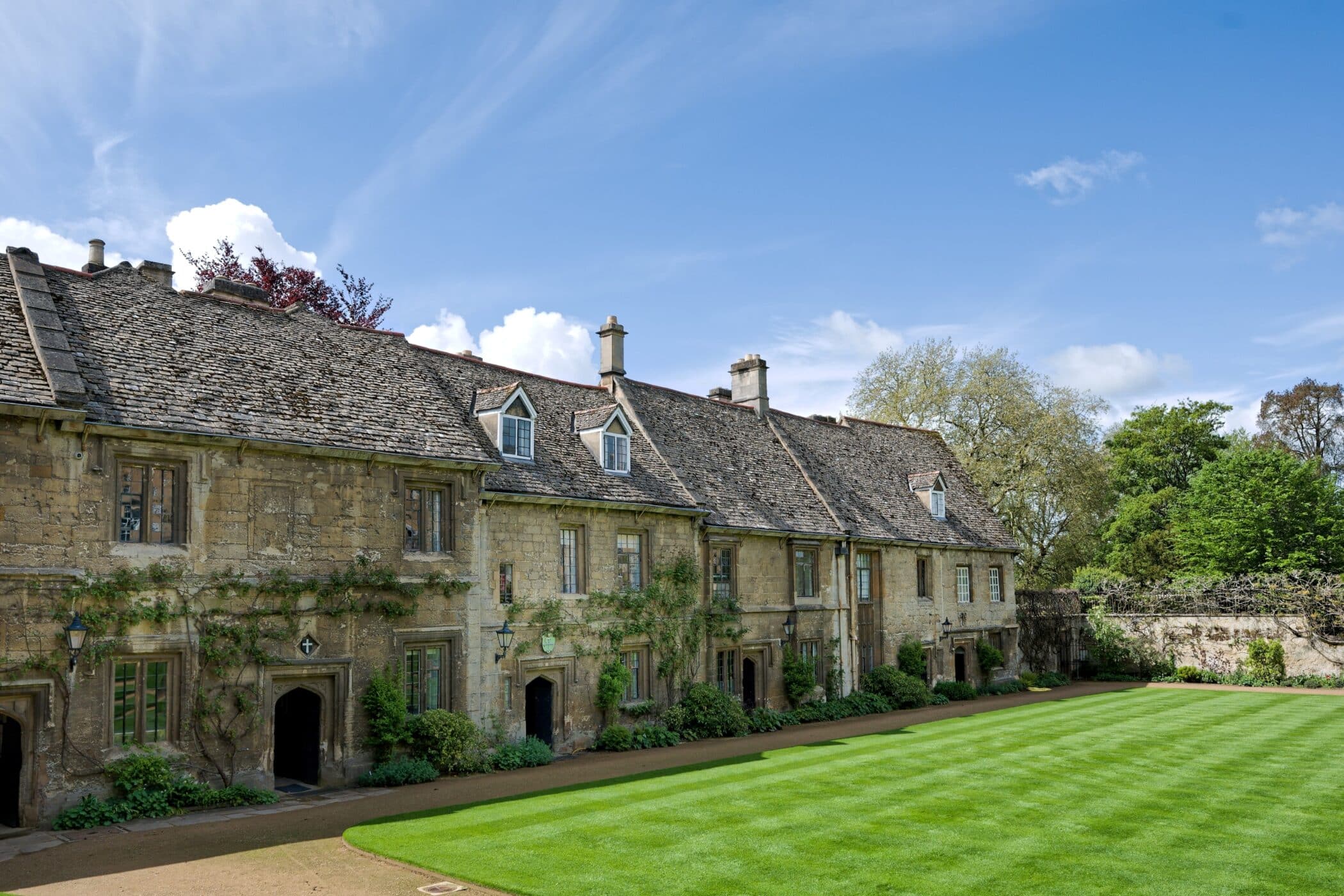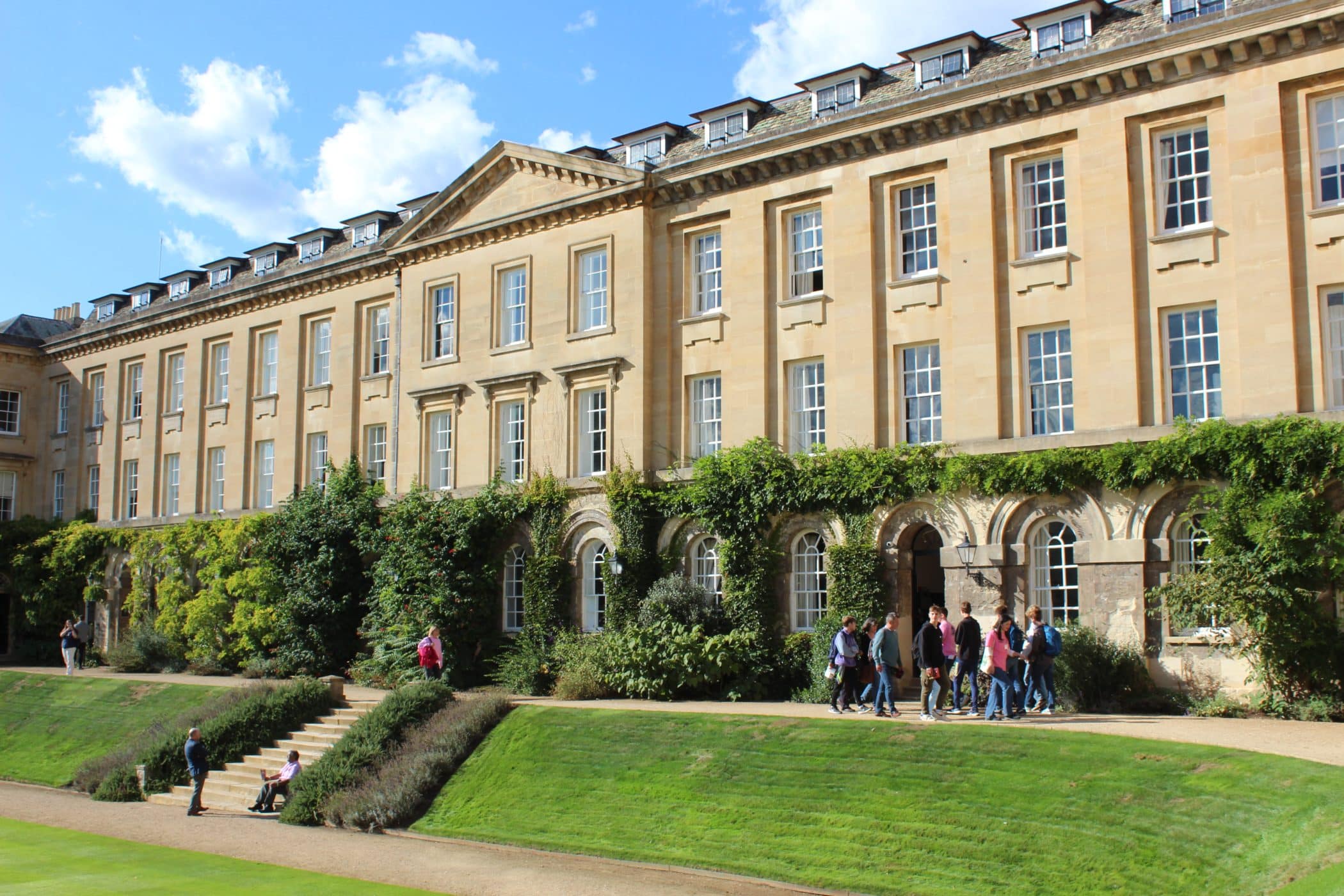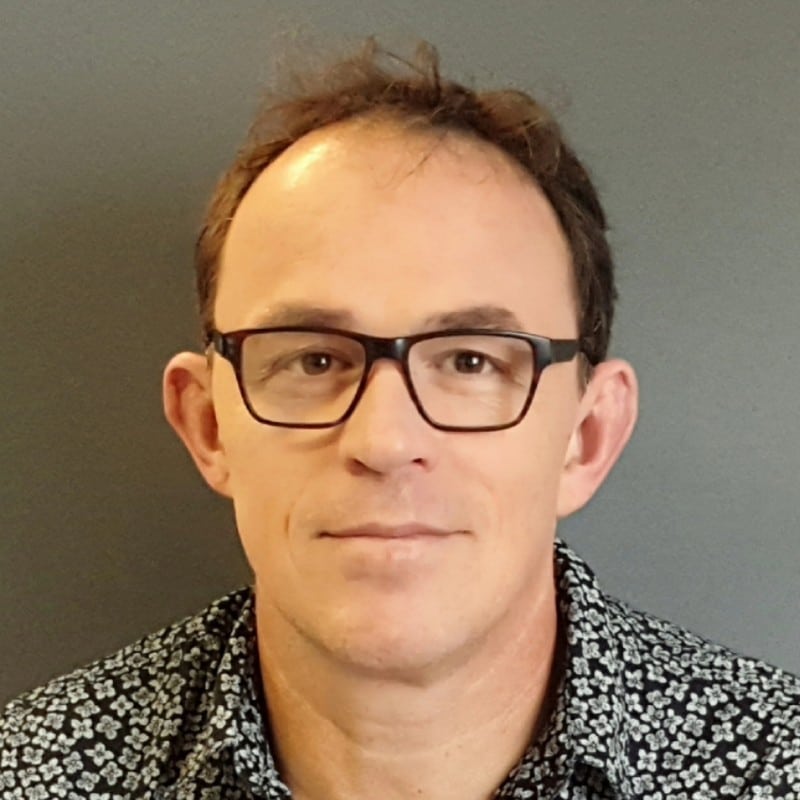
Professor Rory Bowden
Emeritus Fellow
Wellcome Centre for Human Genetics (2012-2020)
Education
BSc (Adelaide), MA Dip App Stats (Oxford), PhD (Cambridge)
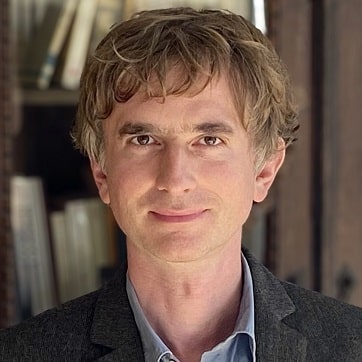
Professor Emmanuel Breuillard FRS
Professor of Pure Mathematics
Professorial Fellow
Education
BSc (ENS Paris), PhD (Yale)
Emmanuel Breuillard is Professor of Pure Mathematics at the University of Oxford Mathematical Institute.

Antony Brewerton FLCIP ACIM
Bodleian Libraries Associate Director for Academic Library Services & Keeper of Collections
Supernumerary Fellow
Education
MA (Oxford), DipLib, DipM
Anthony Brewerton read Modern History at Worcester College. At the Bodleian Libraries, he is responsible for the leadership and strategic direction of the Bodleian’s academic library services, including reading room operations, subject librarian network, special collections, public engagement and shared oversight of collection development.

Professor Christopher Brown CBE
Emeritus Fellow
Director of Ashmolean Museum (1998-2014)
Education
MA (Oxford) PhD (London)
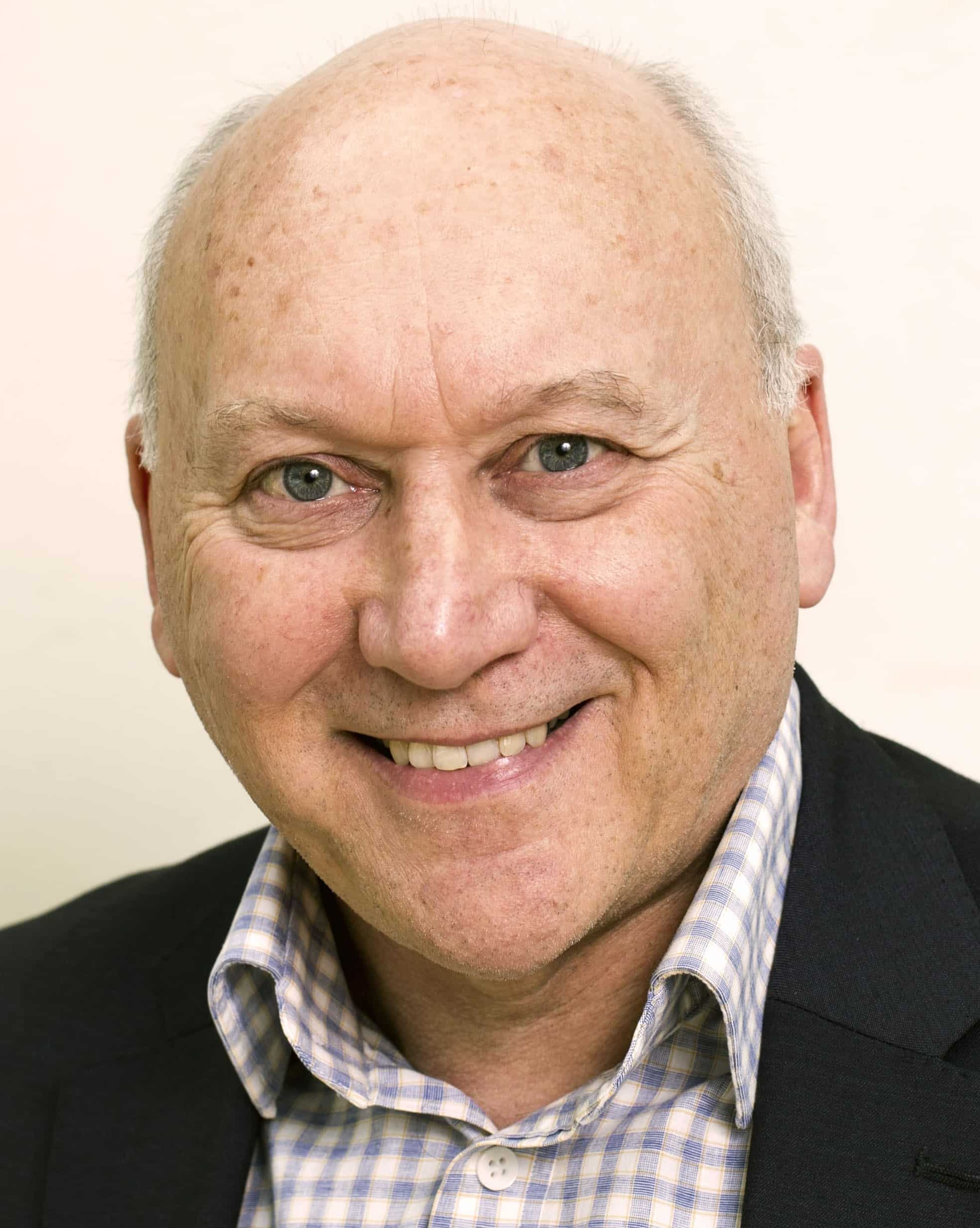
Professor Tom Brown FRSC FRSE
Senior Research Fellow
Professor of Nucleic Acid Chemistry
Education
BSc PhD (Bradford)
I am Professor of Nucleic Acid Chemistry at Oxford University. I work on applications of nucleic acids in biology and medicine (diagnostics and therapeutics). I am co-inventor of technologies for genetic analysis and co-founder of three Biotech companies: Oswel (custom oligonucleotide synthesis) ATDBio (synthesis of modified oligonucleotides) and Primer Design (DNA-based diagnostics). Awards include the Royal Society of Chemistry (RSC) Josef Loschmidt prize, the Royal Society of Chemistry prizes for Nucleic Acid Chemistry and for Interdisciplinary Research, and the 2023 RSC Khorana Prize for work at the chemistry and life science interface. I was Chemistry World entrepreneur of the year in 2014 and BBSRC Innovator of the Year in 2016.
My current interests are in the areas of gene editing, chemical modification of mRNA, and developing new artificial DNA backbones to improve the properties of therapeutic oligonucleotides. I have published over 450 research papers and patents in the nucleic acid field.
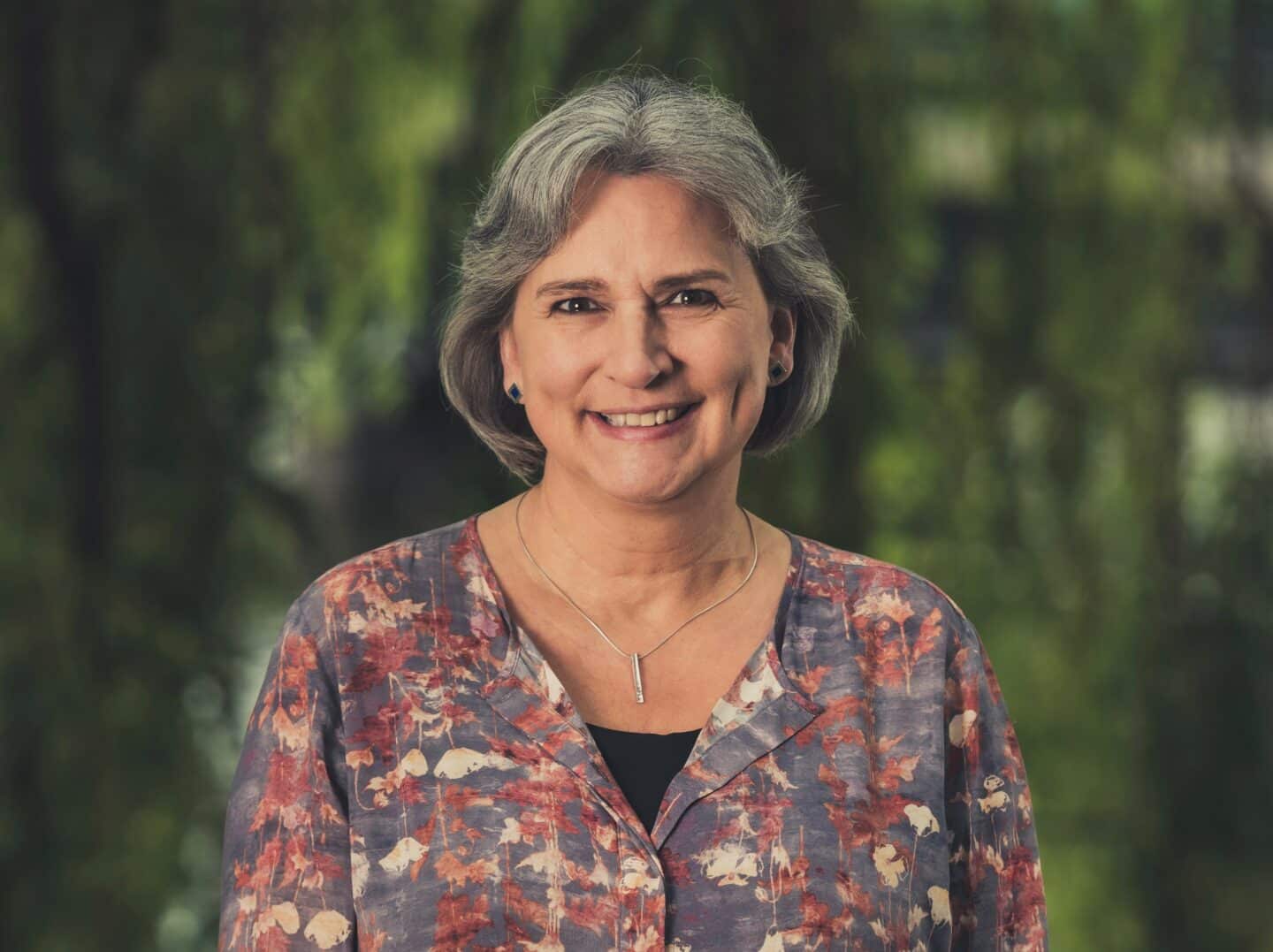
Professor Judith Buchanan
Honorary Fellow
Master of St Peter's College, Oxford
Education
1991, English
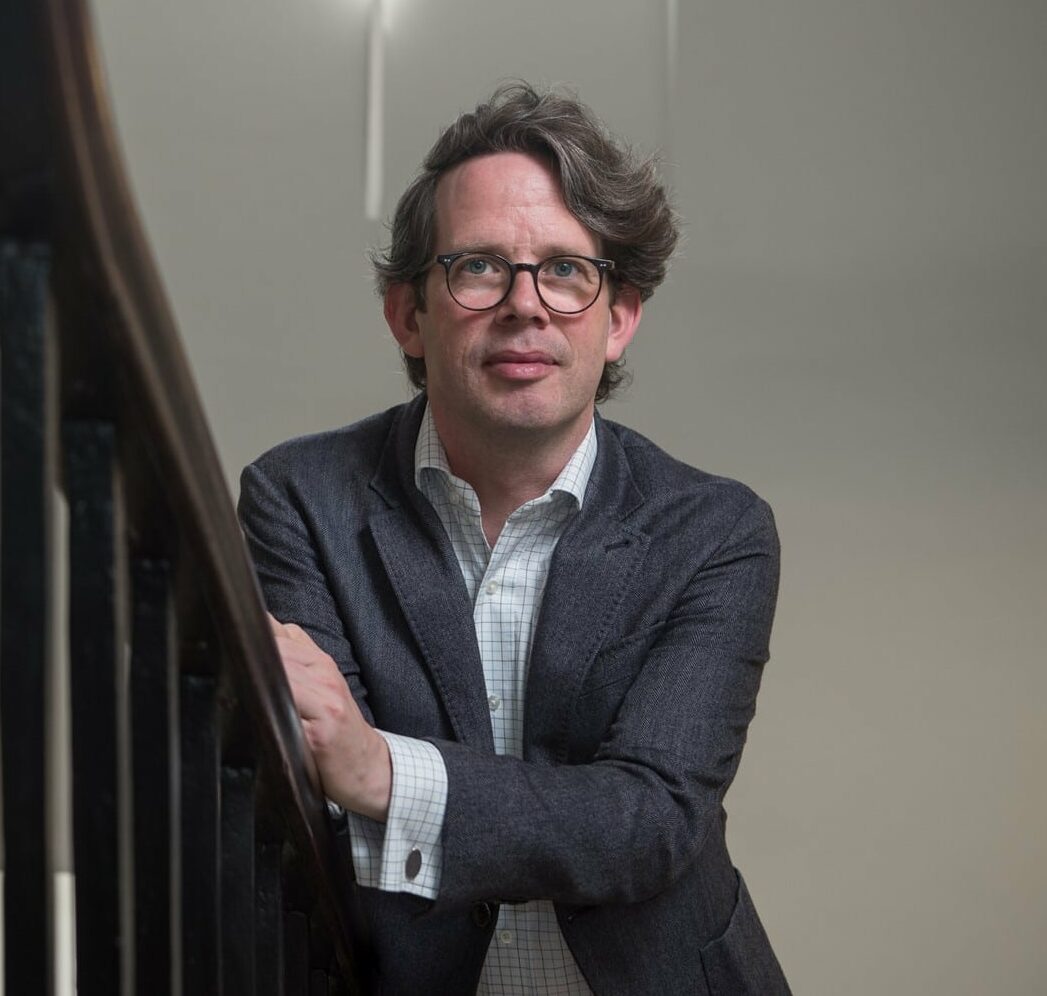
Professor Philip Bullock
College Lecturer in Russian
Professor of Russian Literature and Music
Fellow & Tutor in Russian, Wadham College
Education
BA (Durham), MA MSt DPhil (Oxford)
My path to Russian has been a long and, at times, indirect one. I first became fascinated by Russia at school, when I discovered the music of Shostakovich. Through him, I began to explore Russian literature and, thanks to a wise teacher, began to explore the language. I then headed to Durham University, where I studied not just Russian, but French and German too. For several years, I was torn between which of these languages I would like to specialise in, but a year spent in Krasnoyarsk and Ulyanovsk convinced me Russia was my real passion.
After a DPhil at Oxford on the Soviet writer, Andrei Platonov, I taught at the University of Wales, Bangor, before returning to Oxford to take up a British Academy Postdoctoral Fellowship at Wolfson College. Here, I began to combine my expertise in Russian literature with my love of music, and since then, I have written equally about both subjects. I took up my present position in 2007, having previously taught at the School of Slavonic and East European Studies, University College, London. I have also been lucky enough to spend time as a fellow of both the Institute for Advanced Study at Princeton, and the Paris Institute for Advanced Study.
Alongside my academic work, I enjoy sharing my fascination with Russian culture with wide and diverse audiences. I have written essays and given talks for Garsington Opera, Opera Holland Park, the Royal Opera House, Stuttgart Opera, the Vienna State Opera, and Welsh National Opera, and work closely with the Oxford Lieder Festival and Wigmore Hall. I also regularly contribute to the UNIQ course in Modern Languages, as well as Wadham College’s own summer school.
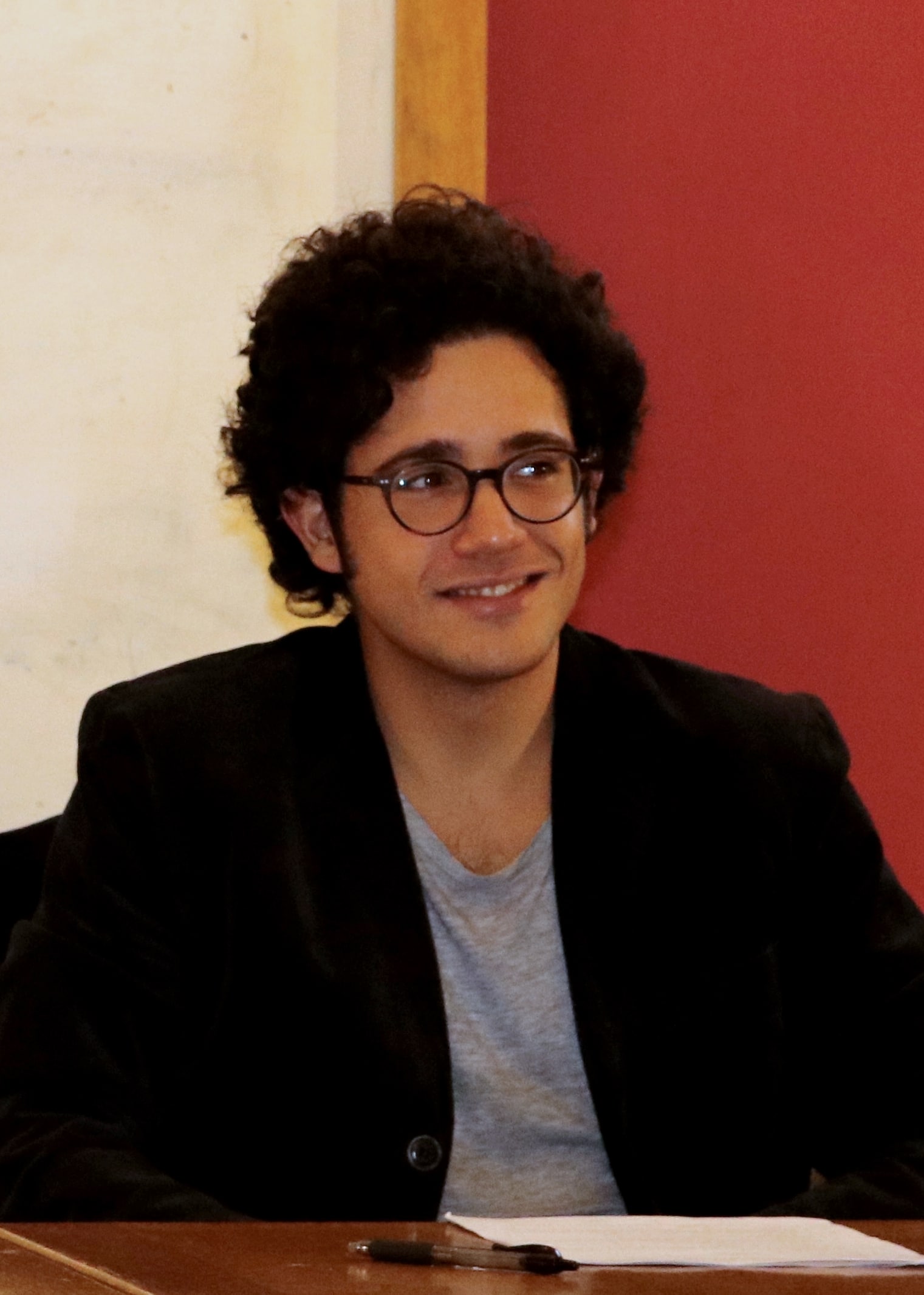
Andrea Buongiorno
College Lecturer in Philosophy
My research looks at certain cornerstones of Aristotle’s thought, like the distinction between substance and non-substance, truth and falsehood, and potentiality and actuality. I am particularly fascinated by how Aristotle uses these distinctions in order to solve or clarify key problems in his metaphysics, as well as in his logic and psychology.
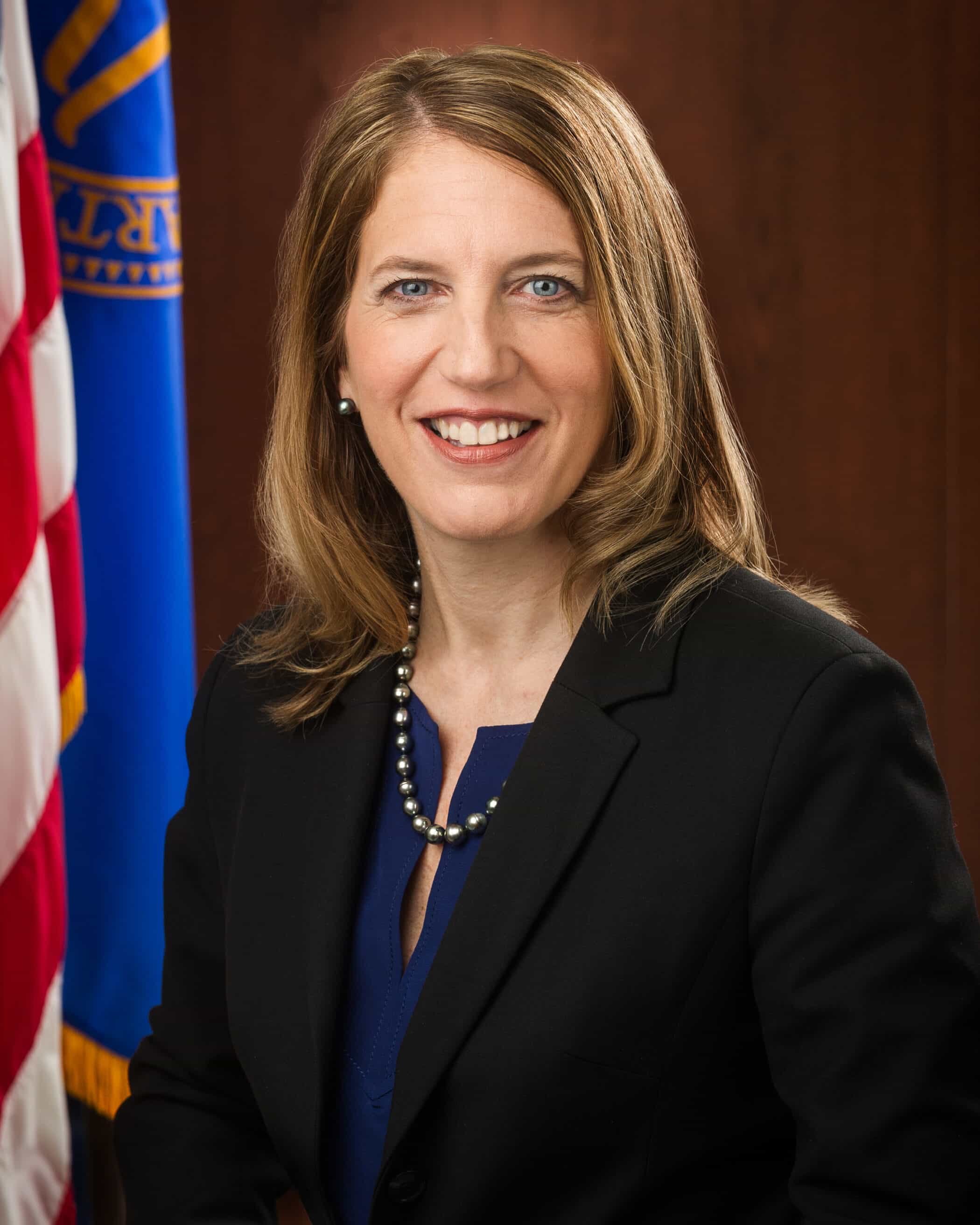
Sylvia Mathews Burwell
Honorary Fellow
President of American University, Washington, D.C.
Education
1987, Philosophy, Politics & Economics
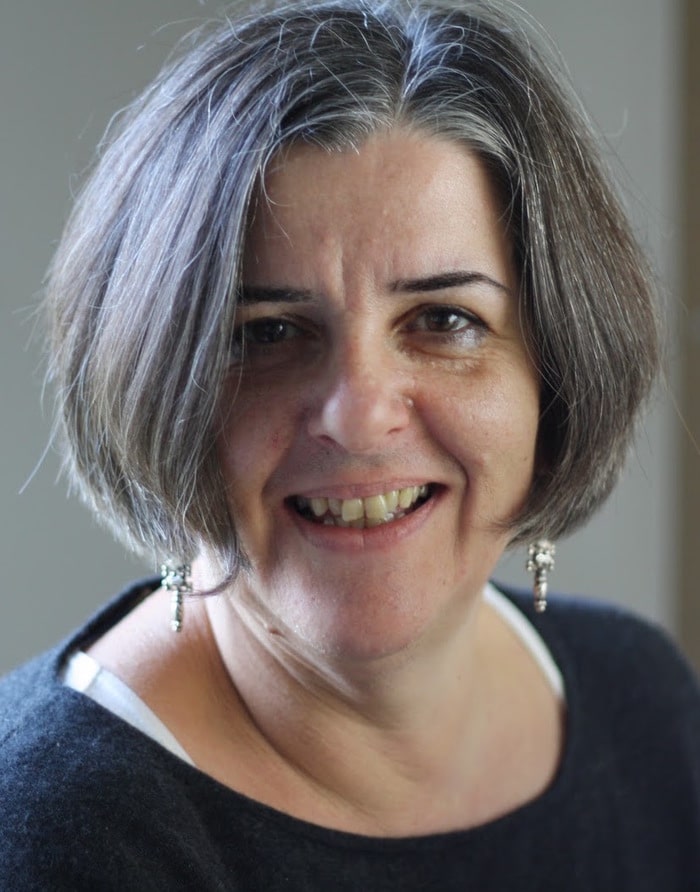
Professor Deborah Cameron
Emeritus Rupert Murdoch Professor of Language & Communication
Emeritus Fellow
Education
BA (Newcastle), MA MLitt (Oxford)
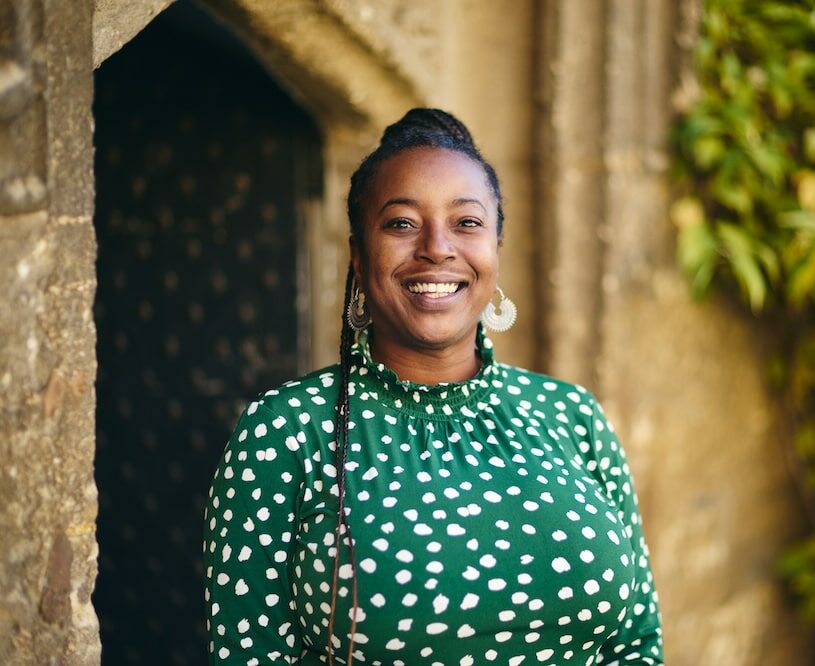
Zoe Campbell
Senior Admissions Officer & Tinsley Outreach Officer
Zoe leads the work of the Access and Admissions teams, overseeing the undergraduate admissions process and outreach with schools and prospective applicants.
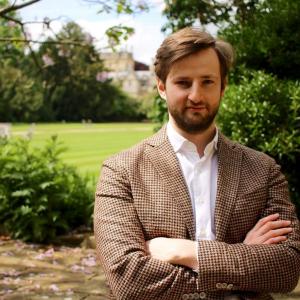
Dr Marco Cappelletti
Tutorial Fellow in Law
Education
Laurea Magistrale (Perugia), MJur DPhil (Oxford), LLM (Harvard)
Marco is a Tutorial Fellow in Law at Worcester College. Currently, he teaches Tort and Contract, and he has also taught Land Law and Roman law. Prior to his current position, Marco was College Lecturer in Law (2023-2024) and Junior Research Fellow (2019-2023) at St John’s College, Oxford.
Marco completed a DPhil in Oxford. He also holds an MJur from the University of Oxford, an LLM from Harvard Law School, where he was a Fulbright Scholar and received the Dean’s Scholar Prize for academic excellence, and a five-year law degree from the University of Perugia.
Marco’s research interests lie in private law (especially Tort and Contract) and in comparative law:
- He is the author of an article offering a pluralist account of vicarious liability in tort law, recently published in the Law Quarterly Review: A Pluralist View of Vicarious Liability in Tort (2024) 140 LQR 61.
- He is the author of the monograph Justifying Strict Liability: A Comparative Analysis in Legal Reasoning (OUP 2022), which explores the most significant justifications that are put forward to justify strict liability in four legal systems, two common law, England and the United States, and two civil law, France and Italy. In 2022, this monograph was awarded the Grand Prize of the International Academy of Comparative Law.
- Marco’s work on the role of punishment in tort law, entitled ‘Comparative Reflections on Punishment in Tort Law’ and published in Jean-Sébastien Borghetti and Simon Whittaker (eds), French Civil Liability in Comparative Perspective (Hart Publishing 2019), has been awarded the Ius Commune Prize for outstanding legal research. This work was also translated into French and published as ‘Réflexions comparatives sur le rôle de la punition en droit de la responsabilité délictuelle’ in the French Revue des contrats, issue 4, in December 2019.
- He is the co-author of ‘Tackling Building Safety through Private Law: A Comparative Analysis’, forthcoming in a collection of essays edited by Matthew Bell, Susan Bright, Ben McFarlane, and Andrew Robertson (Hart Publishing 2025).
- He is currently working on the justifications for vicarious liability, on the concept of foreseeability in private law (both in English law and from a comparative perspective), and on the different standards of liability in the context of accidental harm.
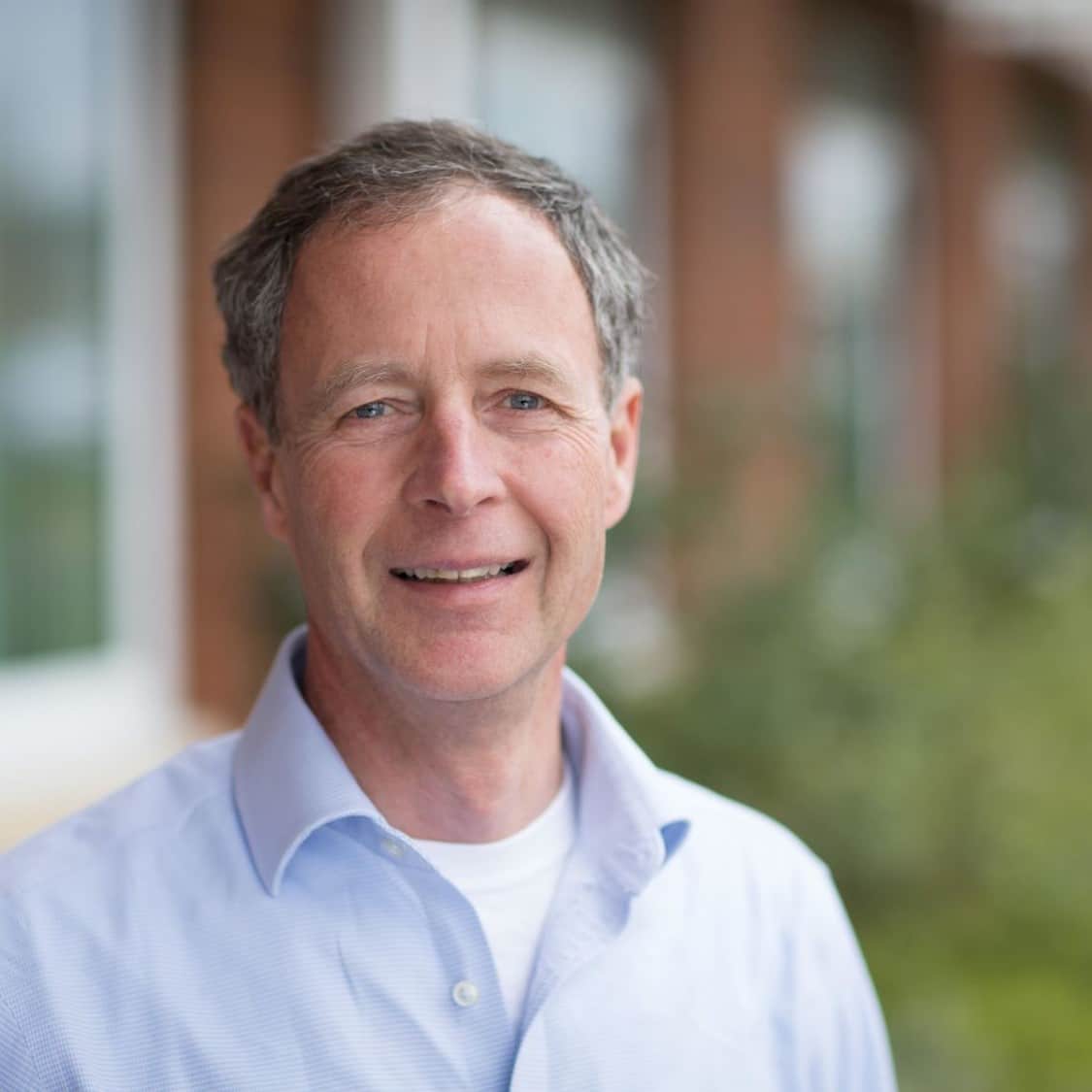
Professor Andrew Carr FRCS FMedSci
Nuffield Professor of Orthopaedics
Professorial Fellow
Education
MB ChB ChM (Bristol), MA (Oxford)
Andrew Carr is the Nuffield Professor of Orthopaedic Surgery at the University of Oxford and trained at Bristol, Sheffield, Oxford, Seattle and Melbourne. He established the shoulder surgery service in Oxford and is past President of the British Shoulder and Elbow Surgery Society. He was a Non-Executive Director and then Divisional Director of the Nuffield Orthopaedic Centre during the formation of Oxford University Hospitals NHS Trust. He is currently an elected Council member of the Royal College of Surgeons of England.
He was head of the department of orthopaedics, rheumatology and musculoskeletal sciences from 2001-2022. During his tenure the department grew to become the largest academic musculoskeletal department globally with 600 staff, over 100 postgraduate research students and an external grant portfolio of £180million. He led the development of the Botnar Research Institute which now houses over 300 multidisciplinary researchers. He was Director of the NIHR Biomedical Research Unit in Oxford from 2008-2017 and was instrumental in the relocation of the Kennedy Institute for Rheumatology to Oxford in 2013.
He is a fellow of the Academy of Medical Sciences and an NIHR Senior Investigator. His awards include an honorary Doctorate of Medicine from the University of Copenhagen, the Gold Medal of the British Orthopaedic Association and the Steindler Award from the USA. He is a Nuffield Medical Trustee, Chair of the Nuffield Oxford Hospitals Fund and Deputy Chair of Trustees of the University of Bristol.
His research has focussed on the development and evaluation of surgical implants. Whilst working with John Goodfellow, he defined the use of the Oxford Knee as a partial knee replacement which has been implanted in over two million people worldwide. He pioneered the importance of patients’ views in assessing the outcome of surgery and the Oxford Scores, which he co-invented are now used globally to assess patient outcomes and direct health policy. He has improved the infrastructure for clinical trials for orthopaedic surgery in the UK and co-founded the Royal College of Surgeons of England Trial Unit in Oxford in 2012. He has contributed to novel trial designs including the controversial use of placebo surgery controls. His laboratory has invented new surgical implants using electrospun fibres that improve cell growth and tissue healing after surgery.
He is author of over 450 publications, including more than 30 in the Lancet, BMJ and Nature Biotechnology, which have been cited over 44,000 times. He is is one of the 25 most cited surgical researchers globally. His research has featured in the media including the Times, the Guardian, the Daily Telegraph, the Observer, BBC Horizon, BBC news, BBC radio, CBS the Doctors, the New Statesman and Der Spiegel.
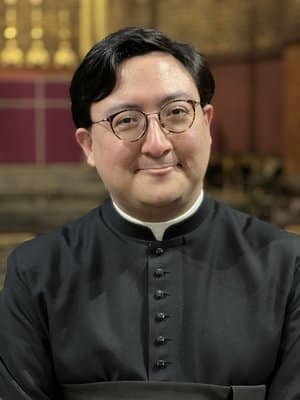
Fun fact
Matthew has collaborated with Goldie, the pioneer of UK drum and bass
The Revd Dr Matthew Cheung Salisbury FRHistS
Assistant Chaplain & College Lecturer in Music
Assistant Deputy Dean of Degrees
Education
BA (Toronto), MSLR (Leuven), MSt DPhil (Oxford)
Matthew’s academic formation has spanned music, history, theology, and canon law. A former student at Worcester, he was first appointed College Lecturer in 2010. Over the years he has served as Chairman of the Faculty of Music, as intercollegiate organ scholarships coordinator, as consultant senior researcher in the Faculty of Letters in the University of Fribourg, Switzerland, and as adviser to cathedrals, churches, and television and radio producers on musical and liturgical matters. His research has been profiled on BBC Radio and TV.
Matthew is also National Liturgical Adviser to the Church of England.
Matthew teaches the historical and philosophical side of the BA course in Music, and has also convened option papers at undergraduate and postgraduate level on the theology of sacred music and on Western plainchant. Matthew has supervised postgraduate and undergraduate research for the faculties of Music and Theology on a wide range of topics connected with sacred music and/or the worship of the Church, and welcomes enquiries for supervision and collaboration.
With a background in editorial and analytical work with the manuscripts and printed books of the Western liturgical tradition, Matthew has published widely on the transmission and regulation of the liturgy and its music in medieval England, especially the liturgical Uses of Sarum and York. He is also interested in the theology of music in present-day Christian worship, and in the intersections of medieval and modern liturgical praxis with literary and critical theory: he has worked on specific issues related to participation, technology, and the liturgical theology of Joseph Ratzinger. Matthew is also interested in the intersections of medieval and modern liturgical praxis with literary and critical theory. Matthew’s research has always been informed by practice, and he continues occasionally to direct recordings, performances, and services which include newly edited music and liturgical text. He has published several books (including The Secular Liturgical Office in Late Medieval England, 2015; most recently editing God in Fragments: worshipping with those living with dementia, 2020) and numerous articles and book chapters on medieval and contemporary liturgy and sacred music. He has led several research projects and contributed to others, in areas ranging from medieval convent drama to Covid-19.
Principal publications include:
- God in Fragments: Worshipping with those Living with Dementia (London: Church House Publishing, 2020).
- Mass of the Blessed Virgin Mary according to the Use of Salisbury, (co-edited with John and Sally Harper) Early English Church Music 59-60 (London: Stainer and Bell for the British Academy, 2019).
- Worship in Medieval England (Amsterdam: ARC Humanities Press / Amsterdam University Press, 2018).
- Medieval Latin Liturgy in English Translation (Kalamazoo: Medieval Institute Publications, 2017).
- The Secular Liturgical Office in Late Medieval England (Turnhout: Brepols, 2015).
- Hear My Voice, O God: Functional Dimensions of Christian Worship (Collegeville: Liturgical Press, 2014).
- Cataloguing Discrepancies: The Printed York Breviary of 1493 (with Andrew Hughes and Heather Robbins) (Toronto: University of Toronto Press, 2011).
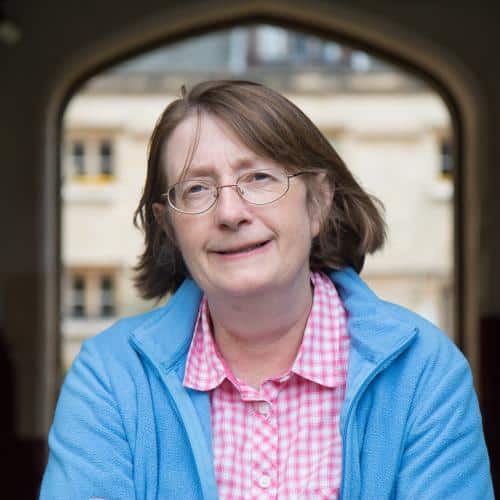
Professor Ann Chippindale FRSC
College Lecturer in Inorganic Chemistry
Professor of Structural Chemistry, University of Reading
Education
MA DPhil (Oxford)
My own academic career began in New College, Oxford where I was one of the first female undergraduates (the College is nearly 650 years old). My tutor inspired me to focus on inorganic solids and their properties– a fascinating area of research – and over the years I have investigated a range of materials with applications important in everyday life including transition metal oxides (used in batteries and as high-temperature superconductors) and zeolites (used in many areas including as catalysts, toxic heavy metal grabbers, water softeners and in gas storage). I am currently investigating transition-metal cyanides (in collaboration with Dr SJ Hibble, Oxford). The first example of such a material was ‘Prussian Blue’, which was originally used as a pigment, but is being investigated today, some 300 years since its discovery, for use in batteries and in hydrogen storage. Many cyanides show interesting physical properties, such as negative thermal expansion (NTE), which means that they contract when they are heated. (Most materials, for example, iron railway lines, expand on heating). Cyanides are not just chemical curiosities, but are model compounds for a number of applications (e.g. for the design of zero expansion materials used in optical and computer components in outer space where there are large variations in temperature). Part of our work involves trying to understand and explain why these materials show this remarkable behaviour.
Underpinning all my work is the need to know how the atoms are arranged to make up the structures of these materials. This can be achieved using crystallographic techniques, such as X-ray and neutron diffraction. This is either carried out in a university laboratory or at an international facility, such as the X-ray synchrotron at the Diamond Light Source or neutron sources at ISIS and the Institut Laue Langevin in Grenoble, France. Probably the thing that gets me out of bed in a morning is the prospect of determining a crystal structure or arrangement of atoms or that no one in the world has ever seen before – how exciting is that?
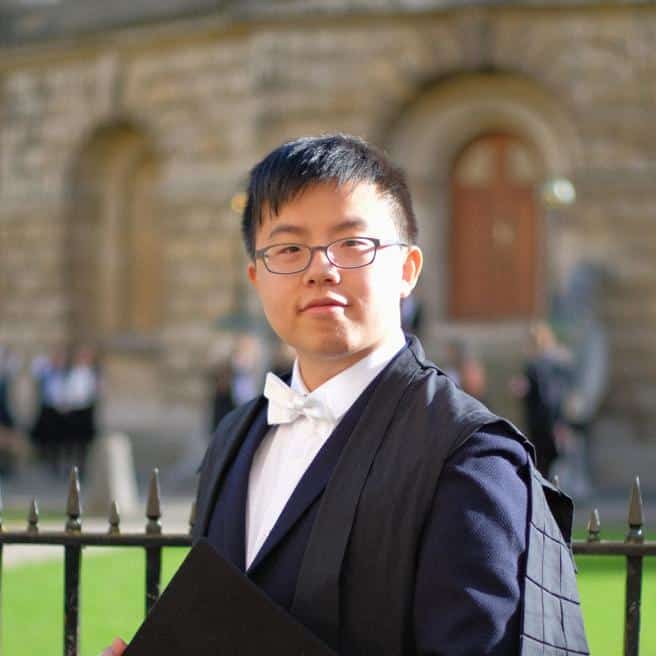
Fun fact
Brian likes to crochet so much he made a whole collection of his work
Yiu Fung Brian Chiu
College Lecturer in Physics
Clarendon Scholar
Education
MPhys (St Andrews)
A DPhil student studying Condensed Matter Physics under the co-supervision of Prof. Andrew Boothroyd and Dr Kejin Zhou from Diamond Light Source.
My research consists mainly of probing strong spin-orbit coupling (SOC) effects in quantum materials using resonant inelastic X-ray scattering (RIXS) in Diamond Light Source. As a complementary technique, I use neutron scattering to help me gain more information about other aspects of my materials. I also create mathematical models to describe novel quantum phases and do computer simulation to compare with experimental data obtained. By improving our understanding of these quantum effects, we can efficiently search or design materials with useful properties for application in electronic and spintronic devices.
I particularly focus on quantum magnetism in two branches of quantum materials. 1. Heavy metal oxide as strong Mott insulators, 2. Double perovskites with highly entangled spin and orbital angular momenta. I am also studying low energy excitations in strongly correlated materials and the magnetic structure in Weyl semimetals.
I am a Clarendon Scholar and I completed my MPhys degree at the University of St Andrews.
I am currently serving as a college lecturer in physics at Worcester College. I am also serving as a tutor at St Edmund Hall and Keble College.
I teach courses including:
- Papers CP1/2: Mechanics, Circuit Theory & Electromagnetism
- Papers CP3/4: Mathematics
- Papers A1: Thermal Physics
- Papers A2: Electromagnetism & Optics
- Quantum materials
- Superconductivity
- Quantum Magnetism
- Topological Materials
- Crystal Growth
- RIXS
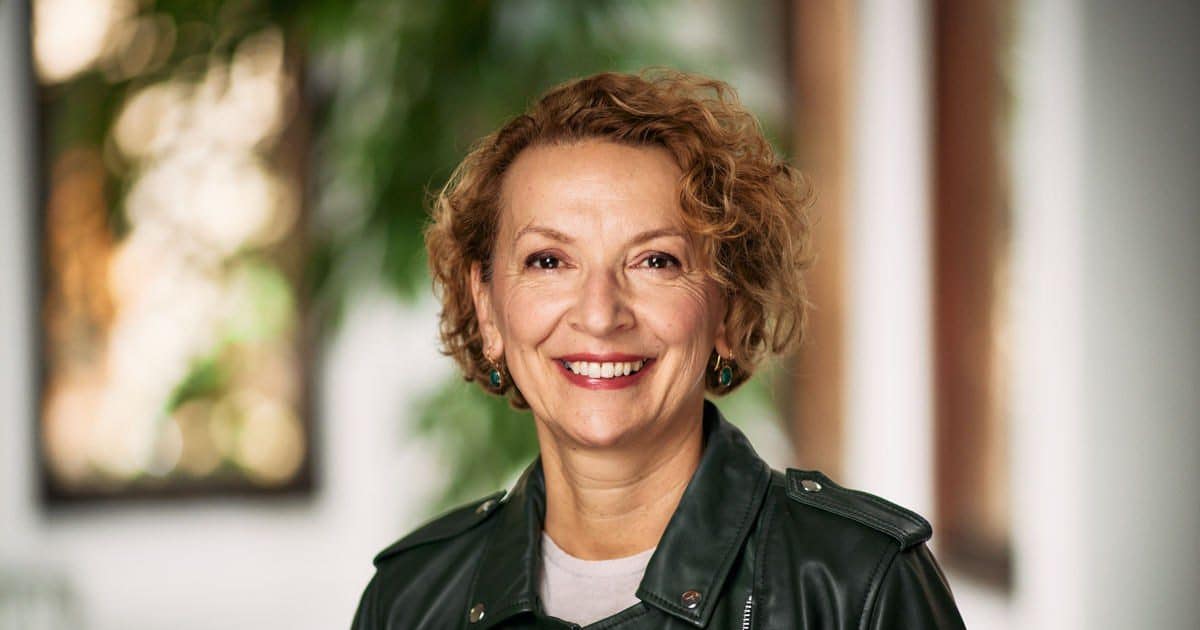
Professor Patricia Clavin FRHistS FBA
Professor of Modern History
Professorial Fellow
Prevent Duty Independent Assessor
Education
BA PhD (King's College London)
My research and teaching centre on the history of Europe’s transnational and international relations from 1850. I am especially interested in the relationship between states, civil society and markets, nationally and internationally. It has led me to write on the history of Europe in the Great Depression; the origins and outcomes of the two world wars; transnational methodologies; the international history of law, and the League of Nations and United Nations. I am writing a book on the history of ‘human security’ in Europe (which includes Britain). It recovers how notions of security concerned the habitability of the environment, the stability of the capitalist order, and the ‘intactness’ of the human body. I am working together with colleagues in global history and in the department of International Relations on the ‘Histories and Futures of Global Order’, and have a new project on the history of food systems.
I am a Fellow of the British Academy; a Foreign Member of the Norwegian Academy of Science and Letters; an Associate Researcher of the Centre Marc Bloch, Berlin; and an Associate Member of the ‘Future of Food’ programme at the Oxford Martin School. I serve on the editorial board of Past and Present.
- History of regional and global organizations, and international activism
- History of food
- History of capitalism
My published work includes books on The History of the Great Depression in Europe, 1929-1939 (London, 2000), The Failure of Economic Diplomacy: Britain, Germany, France and the USA, 1931-1936 (London, 1996), and a History of Modern Europe Since 1850 (London, 1996 and 2003), co-authored with Asa Briggs. My book, Securing the World Economy: The Reinvention of the League of Nations (Oxford, 2013) won the British Academy Medal. I published an edited collection with Glenda Sluga, Internationalisms: A Twentieth-Century History (Cambridge, 2017).
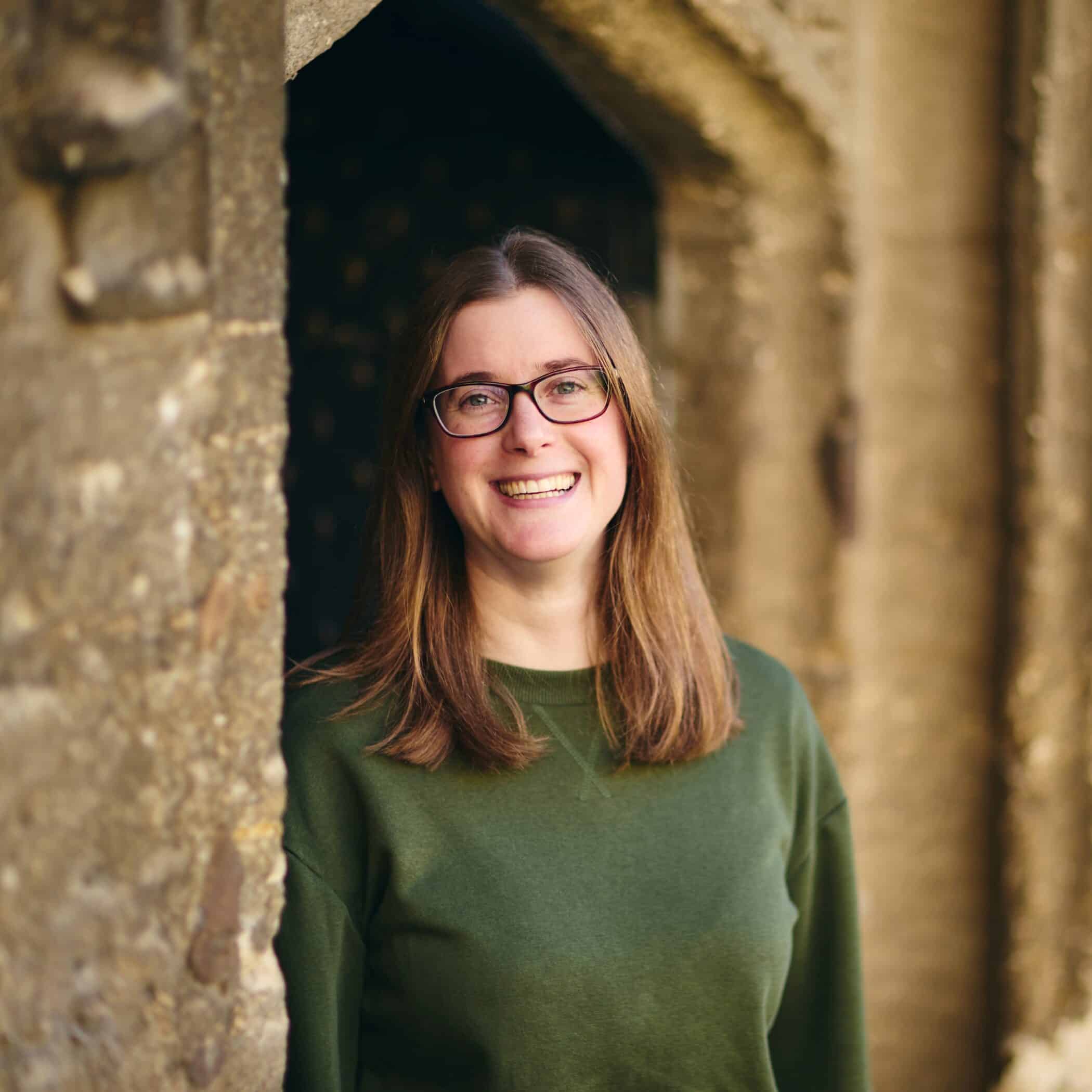
Sophie Clayton
Graduate Officer
Sophie works closely with the Tutor for Graduates to manage the admission and ongoing support of graduate students at Worcester.
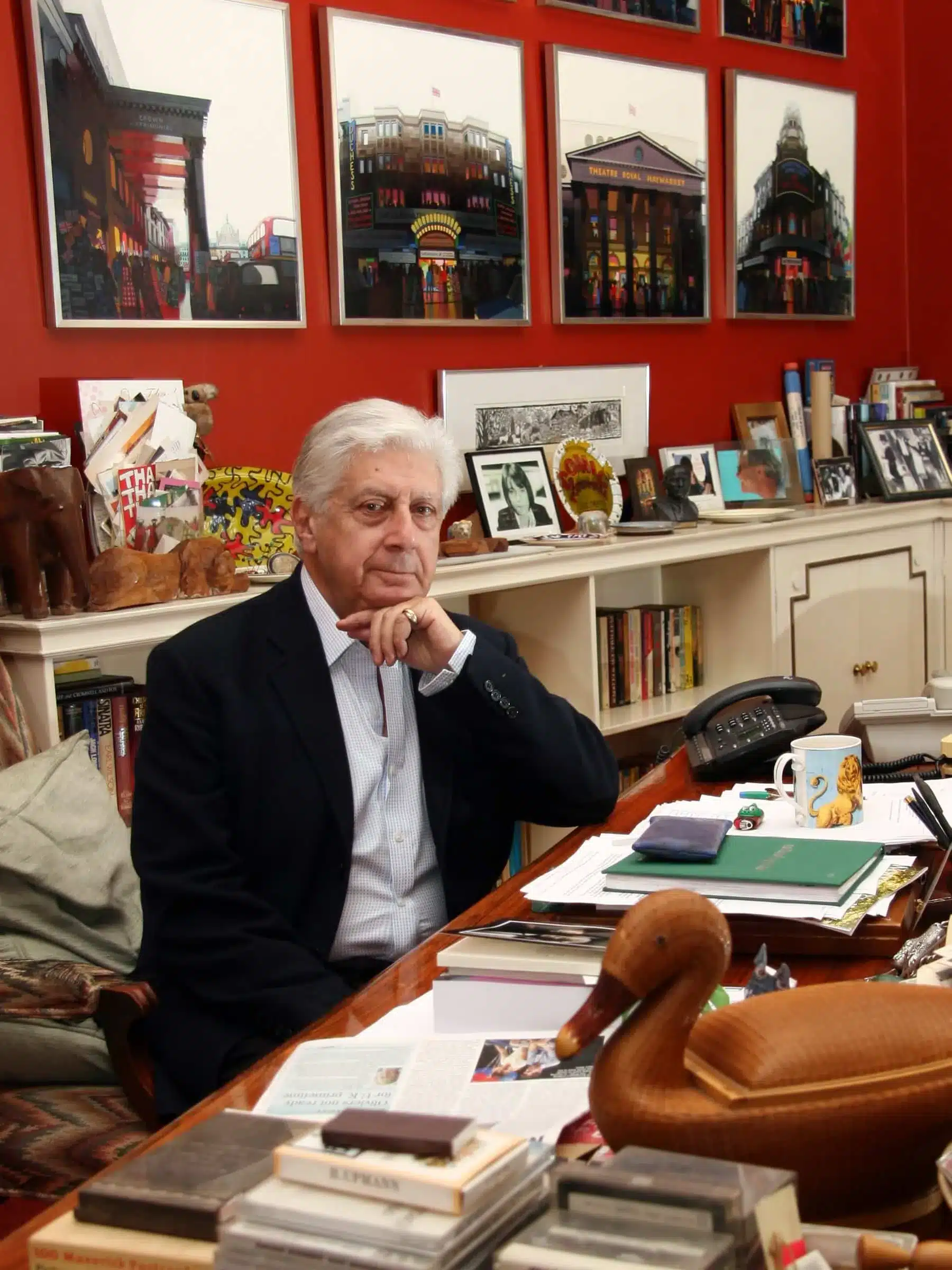
Sir Michael Codron CBE FRSL
Honorary Fellow
Theatre producer
Education
1948, Modern History
